mulching
average
18 years ago
Related Stories

GARDENING GUIDESNew Ways to Think About All That Mulch in the Garden
Before you go making a mountain out of a mulch hill, learn the facts about what your plants and soil really want
Full Story
GARDENING GUIDESHow to Pick a Mulch — and Why Your Soil Wants It
There's more to topdressing than shredded wood. Learn about mulch types, costs and design considerations here
Full Story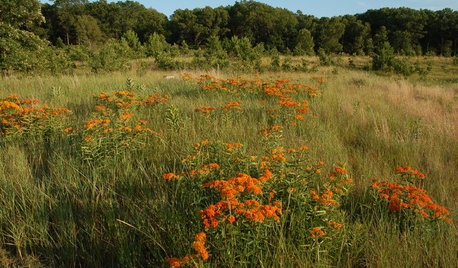
GARDENING GUIDESThe Art of Green Mulch
You can design a natural garden that doesn’t rely on covering your soil with wood and bark mulch
Full Story
GARDENING GUIDESGarden Myths to Debunk as You Dig This Fall and Rest Over Winter
Termites hate wood mulch, don’t amend soil for trees, avoid gravel in planters — and more nuggets of garden wisdom
Full Story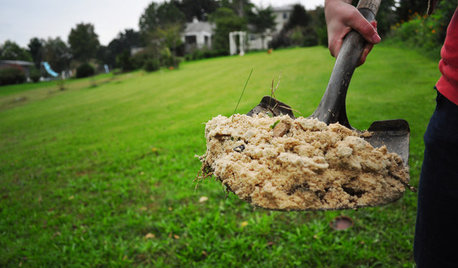
GARDENING AND LANDSCAPINGGarden Musts for March
Some toil in the soil this month will help ensure a blooming garden come summer, so dig out your shovel and bring on the mulch
Full Story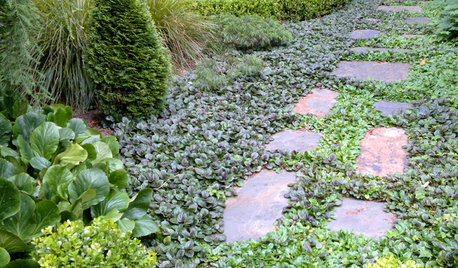
GROUND COVERSGround Force: 10 Top Ground Covers for Your Garden
Protect your soil from weeds and drought this summer with a living mulch of ground covers
Full Story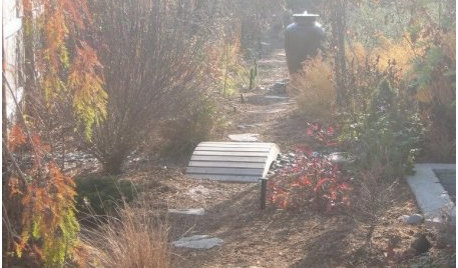
GARDENING GUIDESCentral Plains Gardener's November Checklist
Mulching, seeding, feeding — several small tasks to ensure a winter of activity, and a good spring start.
Full Story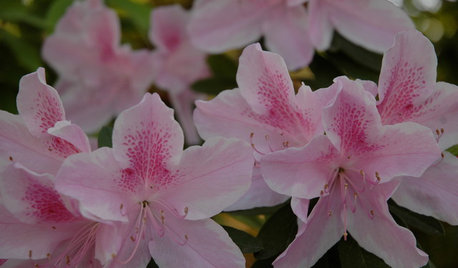
GARDENING GUIDESTexas Gardener's November Checklist
Planting and protecting are top priorities in the garden this month, so master the mulch and get those trees and shrubs in the ground
Full Story0
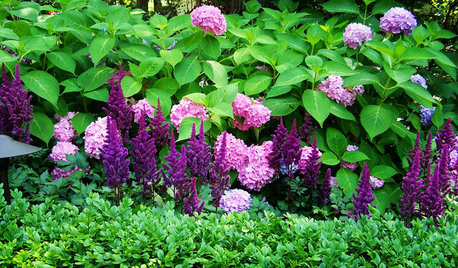
GARDENING GUIDESSoutheast Gardener's May Checklist
Bask in the blooms and mind your mulch this month; summer means lots to savor and lots to do in the garden
Full Story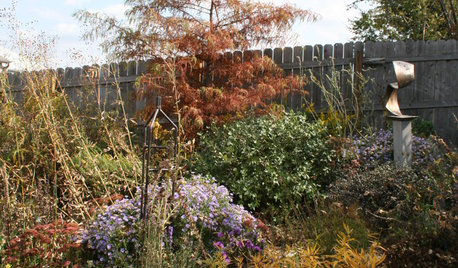
REGIONAL GARDEN GUIDESCentral Plains Gardener's October Checklist
Fall foliage color and crisp mornings, plus mulching beds and planting spring bulbs, make October a gardener's heaven
Full StorySponsored
Central Ohio's Trusted Home Remodeler Specializing in Kitchens & Baths
More Discussions






morz8 - Washington Coast
gardenergail
Related Professionals
Foothill Ranch Landscape Architects & Landscape Designers · White Oak Landscape Architects & Landscape Designers · Addison Landscape Contractors · Caldwell Landscape Contractors · Cambridge Landscape Contractors · Essex Landscape Contractors · Florham Park Landscape Contractors · Hannibal Landscape Contractors · New Berlin Landscape Contractors · Yukon Landscape Contractors · Markham Landscape Contractors · New Carrollton Landscape Contractors · San Antonio Window Contractors · Cicero Window Contractors · Prairie Village Window ContractorsYooperDebbie
Toronto_Gardner
meldy_nva
lindac
Ina Plassa_travis
meldy_nva
rhizo_1 (North AL) zone 7